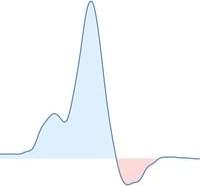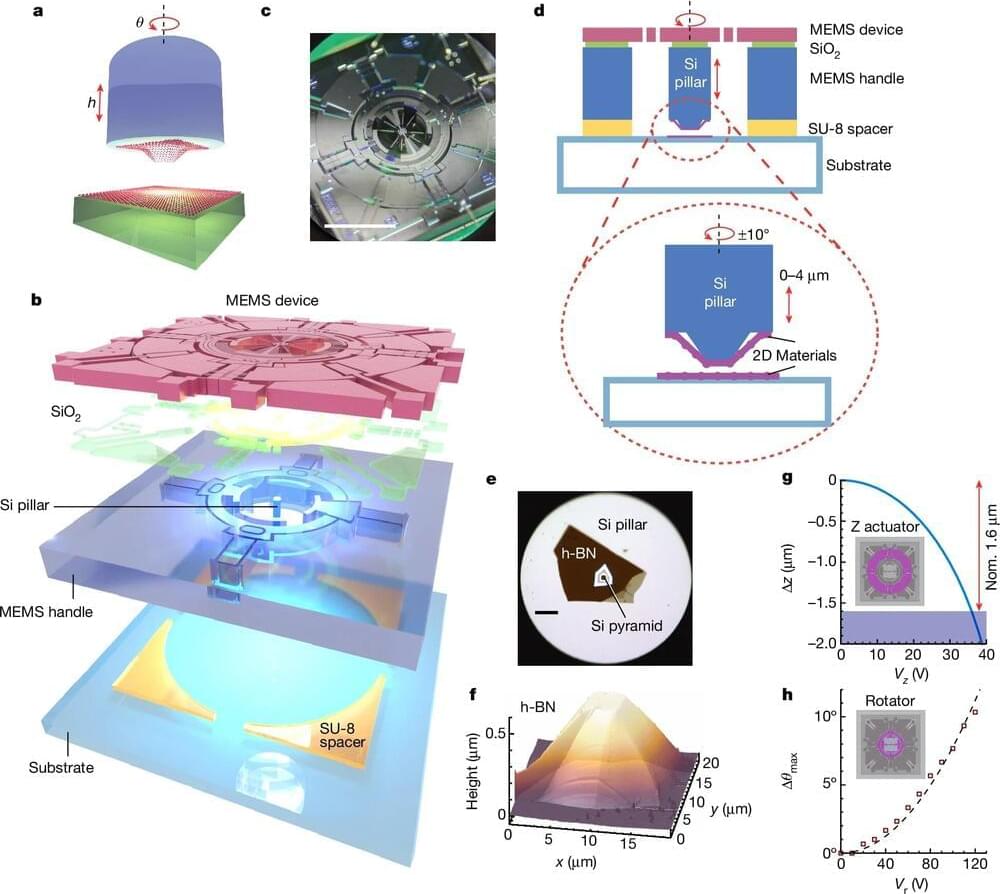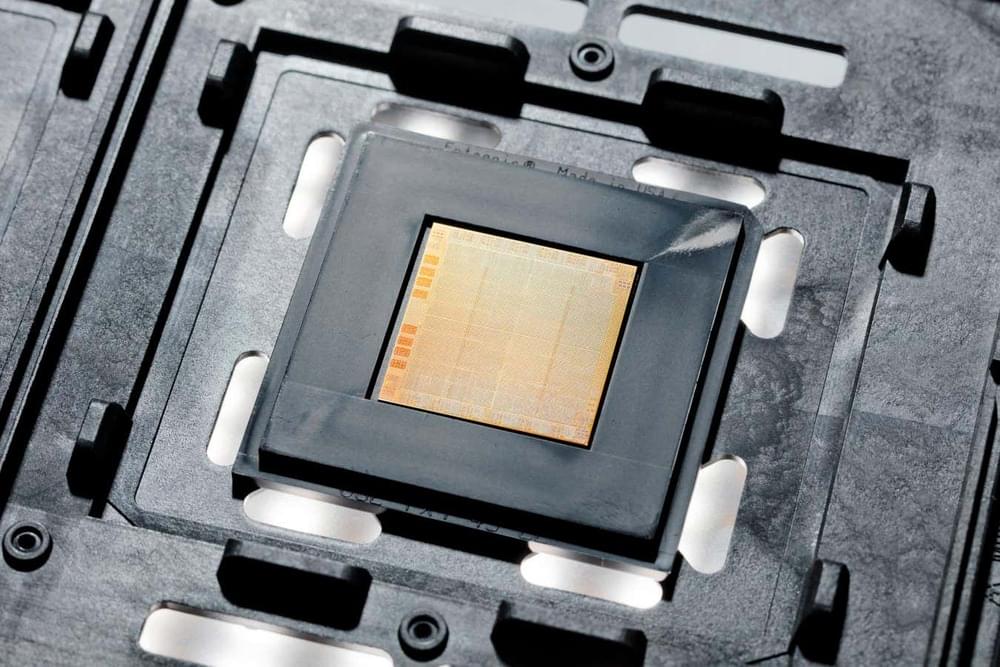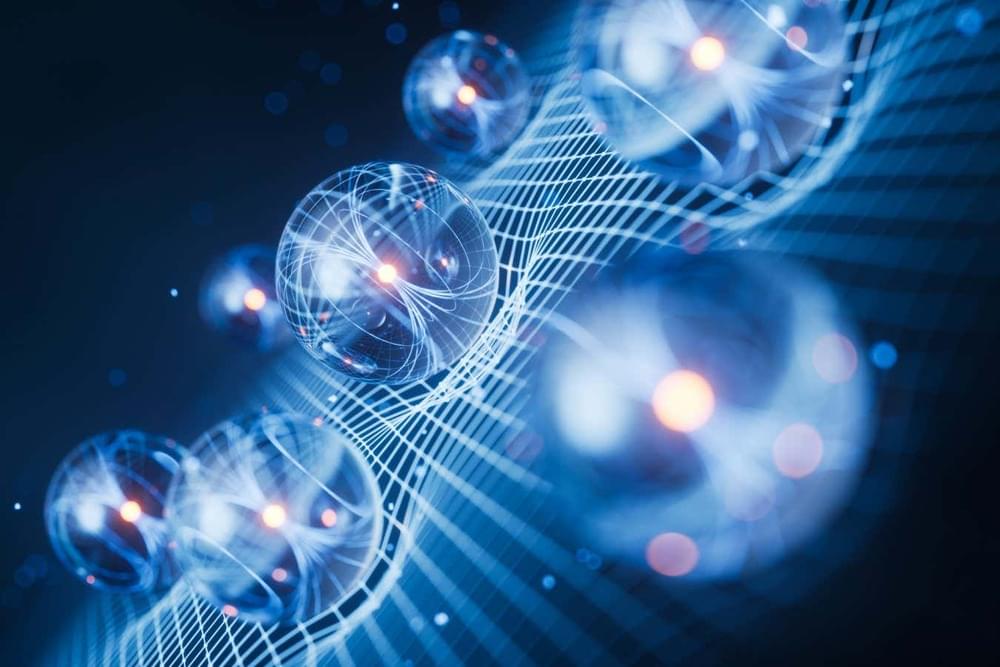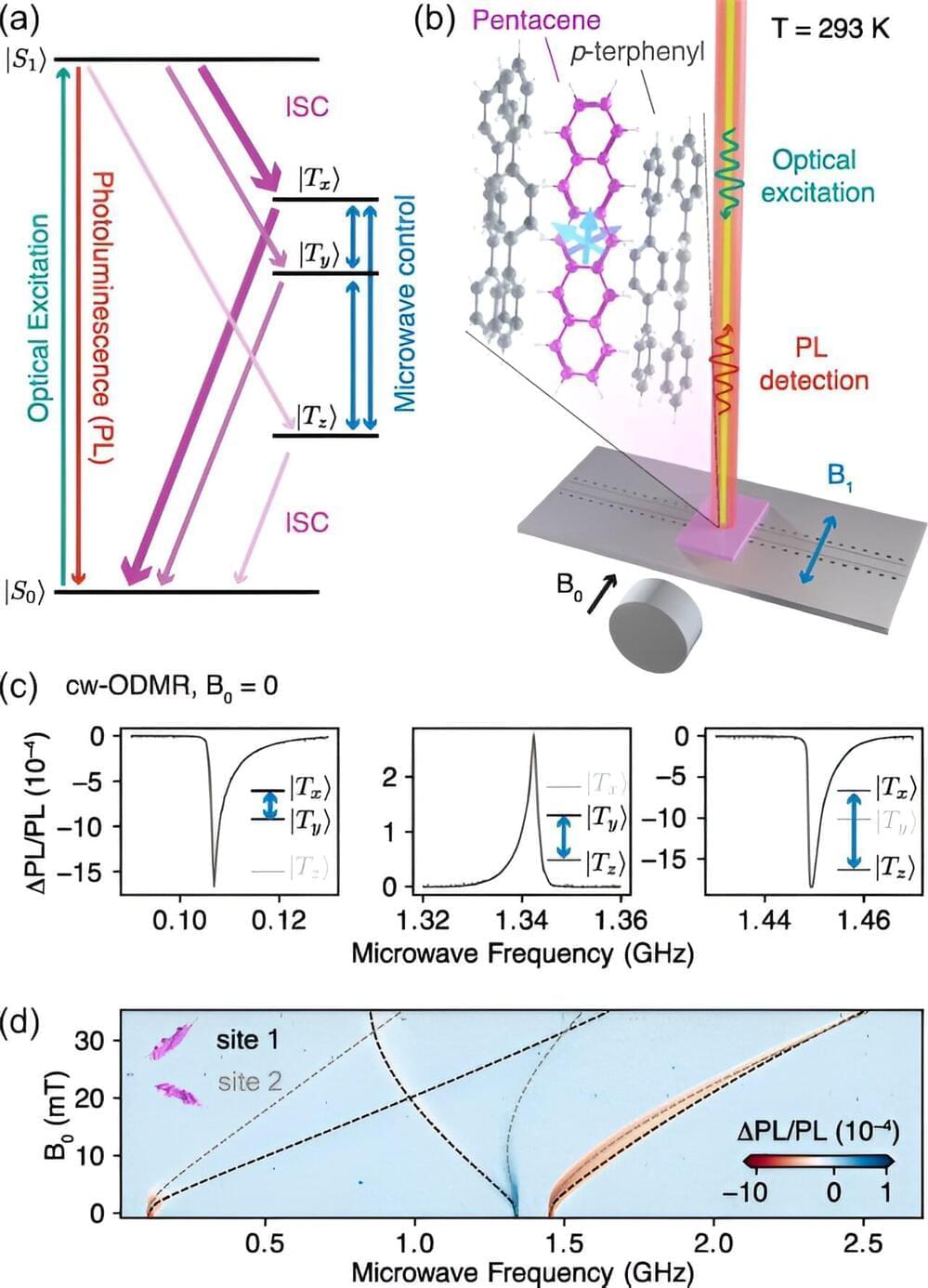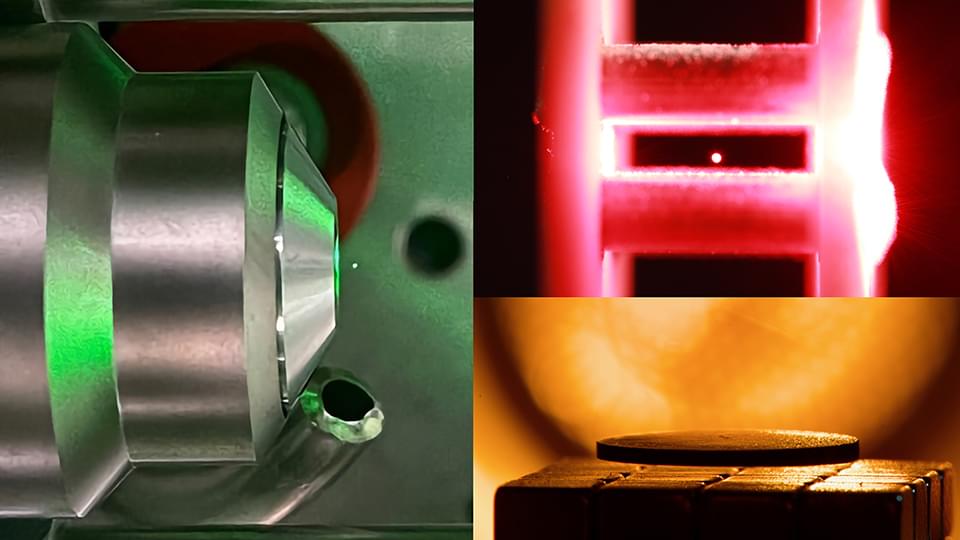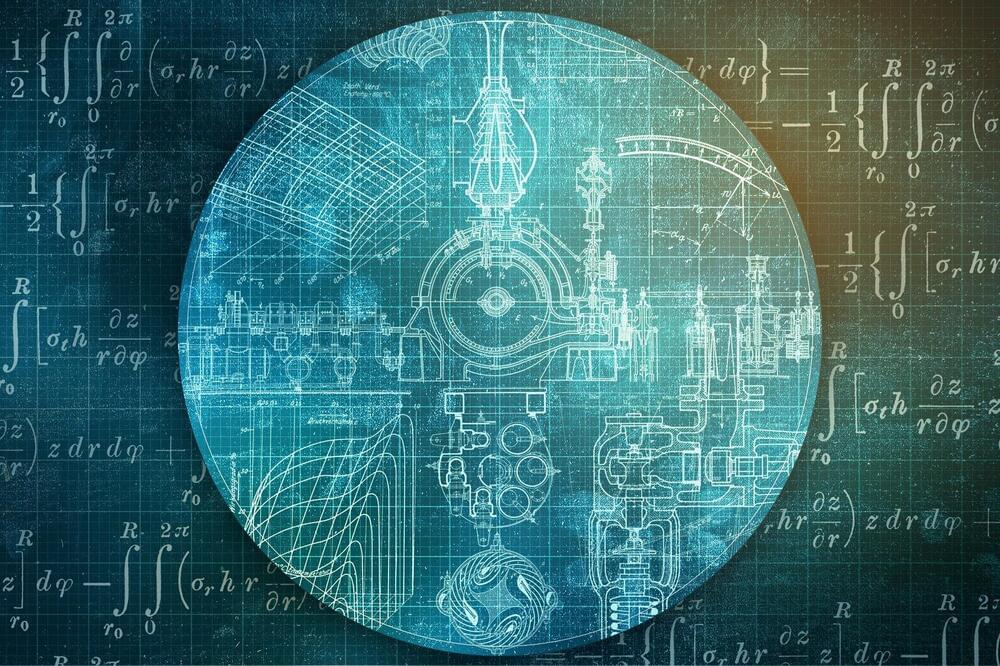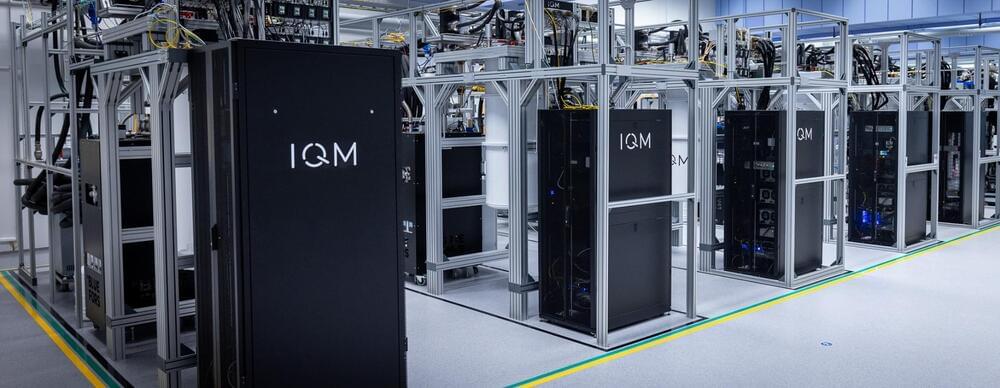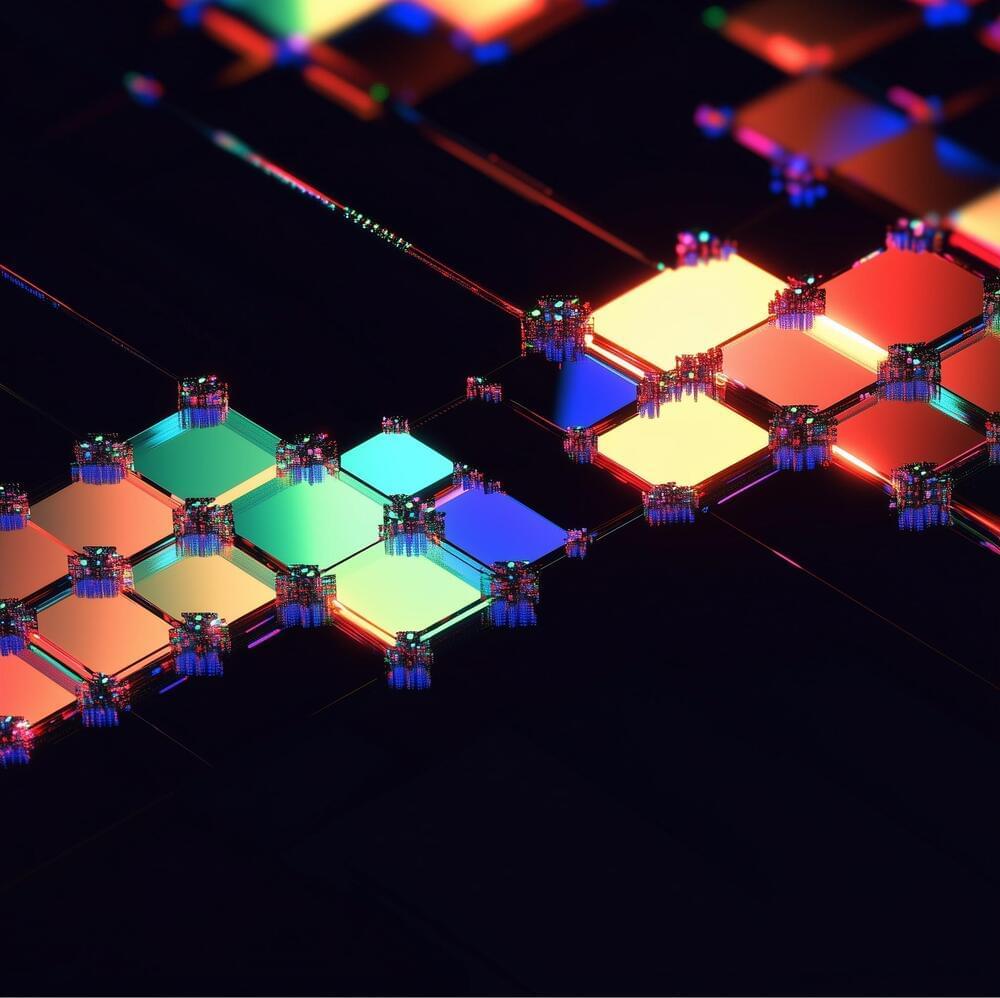
In a recent paper published in PRX Quantum, a team of researchers from Osaka University and RIKEN presented an approach to improve the fault-tolerance of color codes, a type of quantum error correction (QEC) code. Their method, known as Flagged Weight Optimization (FWO), targets the underlying challenges of color-code architectures, which historically suffer from lower thresholds under circuit-level noise. By optimizing the decoder weights based on the outcomes of flag qubits, this method improves the threshold values of color codes.
Color codes are an alternative to surface codes in quantum error correction that implement all Clifford gates transversally, making them a potential solution for low-overhead quantum computing, as noted by the paper. However, their practical use has been limited thus far by the relatively low fault-tolerance thresholds under circuit-level noise. Traditional methods of stabilizer measurement, which involve high-weight stabilizers acting on numerous qubits, introduce substantial circuit depth and errors, ultimately leading to lower overall performance.
The research team focused on two color-code lattices—the (4.8.8) and (6.6.6) color codes. The team noted that while these codes are considered topologically advantageous for QEC, their previous thresholds were relatively low, making them less effective for real-world applications. For example, the threshold for the (4.8.8) color code was previously around 0.14%, limiting its use in fault-tolerant computing.
